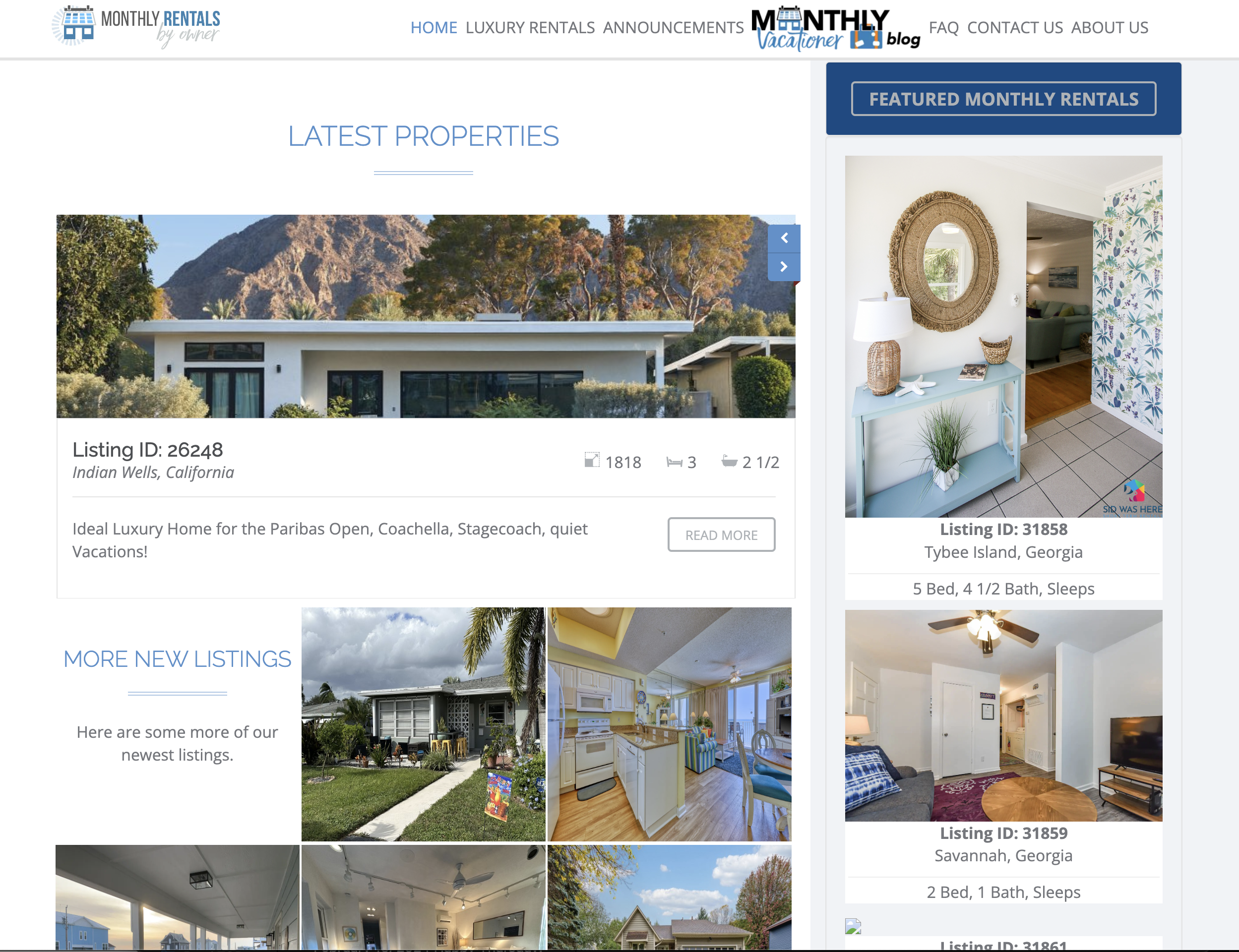3 Ways for Property Managers to Navigate Stricter Short-Term Rental Regulations

The landscape of short-term rentals is constantly evolving, with many popular tourist destinations around the globe tightening their regulations. This shift poses significant challenges for property managers who rely on platforms like Airbnb and Vrbo for income. In recent years, we've witnessed a surge in cities enacting stricter laws on short-term rentals, ranging from limiting the number of days a property can be rented out to requiring special licenses. Such changes are often driven by concerns over housing shortages, neighborhood peace, and the impact of tourism on local communities.
For property managers, adapting to these regulations is not just about compliance–it's about reimagining how short-term rentals operate in this changing world. Those who successfully navigate these new rules can continue to thrive, while those who fail to adapt risk falling behind. There are three effective strategies for property managers to not only comply with these evolving regulations but also to excel in the increasingly competitive market of short-term rentals. From embracing technology to building community relationships, these approaches offer a roadmap for staying ahead in a dynamic and often challenging environment.
Offer Monthly Rates for Your Short-Term Rental Properties

By transitioning to monthly rentals, property owners can sidestep limitations on short-term rentals, ensuring their properties are both legally compliant and continuously occupied.
This year is setting a new benchmark for mid-term, monthly, and snowbird rentals as approximately 4.1 million Americans are poised to turn 65, hitting retirement age. This demographic shift, called the Silver Tsunami, is not just a mere blip on the radar–it signifies a fundamental change in the way we perceive retirement and travel,
While short-term rentals can offer higher per-night rates, they also come with uncertainty and variable occupancy rates. Monthly rentals, on the other hand, provide a more consistent income stream. This stability can be especially valuable during off-peak seasons, ensuring your property remains profitable year-round.
Setting the right monthly rate is crucial. A common benchmark is to price monthly rentals at approximately 27% of what you would charge for nightly short-term rentals, according to Key Data Dashboard. This rate strikes a balance between being attractive to monthly and mid-term renters and maintaining your revenue goals. For instance, if your nightly rate is $100, a monthly rate of around $2700 can be a good starting point. Based on supply and demand, the move into the off-season may require even greater discounting, perhaps as low as $2000-$2500 per month, depending on demand being much lower during Thanksgiving and Christmas and if competitors in your area are advertising lower prices. This pricing not only makes the rental appealing for longer stays but also reflects the reduced operational costs associated with monthly rentals.
Monthly rentals also appeal to a different demographic: business travelers, digital nomads, and people in transitional life stages like the Peak 65 and Silver Tsunami groups. These guests often seek the comforts of home and the flexibility that hotels don't offer. By catering to this market, you can tap into a growing segment of the rental industry.
Longer stays allow for building stronger relationships with your guests. Satisfied mid-term and monthly rental guests are more likely to return and recommend your property to others, enhancing your reputation and potential for word-of-mouth marketing.
Exposure to Monthly, Mid-term & Snowbird Audiences
Traditionally, short-term rentals have targeted tourists seeking brief stays. However, the rise of remote work and digital nomadism has created a new category: monthly vacationers. These guests often seek accommodations for one to three months, providing property owners with more extended occupancy periods.
By targeting mid-term renters (those staying for a few weeks to a few months), property owners can avoid the complexities and limitations of regulations. Mid-term stays offer the perfect balance between the flexibility of short-term rentals and the stability of long-term leases.
Catering to 'snowbirds' – typically retirees who migrate to warmer climates during the winter months – can be particularly lucrative. This audience seeks comfortable, home-like accommodations for several months, usually in sunny destinations. By marketing to snowbirds, property owners in these areas can ensure their properties are occupied during off-peak seasons, maintaining a consistent revenue stream.
So, how do you market to these specific audiences? By listing your properties on the places where they are searching the most. These include:
- Monthly rental-specific listing websites like Monthly Rentals by Owner, American Snowbird, and Snowbird Rentals.
- Standard Online Travel Agency (OTA) websites like Vrbo, Airbnb, and Booking.com.
- Listing websites that are even more niche, such as Alabama Snowbird, Florida Snowbird, or California Snowbird.
Follow Industry Resources
In the dynamic world of short-term rentals, keeping up with the latest regulations and guidelines is more than just a necessity—it's a key to success. New laws and regulations are constantly being introduced, reflecting the growing impact of this industry on local communities and economies. This evolving regulatory environment can seem overwhelming, but staying informed is your best tool for navigating these waters successfully.
Key Industry Resources:
Why It Matters
- Avoid Penalties: Knowing and adhering to the law prevents fines and legal issues that can arise from non-compliance
- Enhance Guest Experience: A deep understanding of regulations can help you provide a safer, more compliant rental experience for your guests
- Community Harmony: Following local rules is part of being a responsible host or guest and contributes to maintaining harmony in the community.
- Future Planning: Staying informed on regulatory trends can help in making better long-term decisions about your business and properties.
Whether you're a seasoned property owner or not, navigating the complexities of short-term rental regulations is vital. By leveraging industry resources, you can stay informed, compliant, and ahead of the game. This not only ensures a smoother, more enjoyable experience but also contributes to the sustainable growth of the short-term rental market. Remember, knowledge is power, especially in the ever-evolving landscape of short-term rentals.
Navigating the complex world of short-term rental regulations requires a proactive and informed approach. By understanding and complying with local laws, leveraging technology, and fostering positive community and industry relationships, property managers can not only abide by the regulations but also enhance their business's sustainability and reputation. In an era where the rules are constantly changing, staying agile and responsive is key to success in the short-term rental market.

